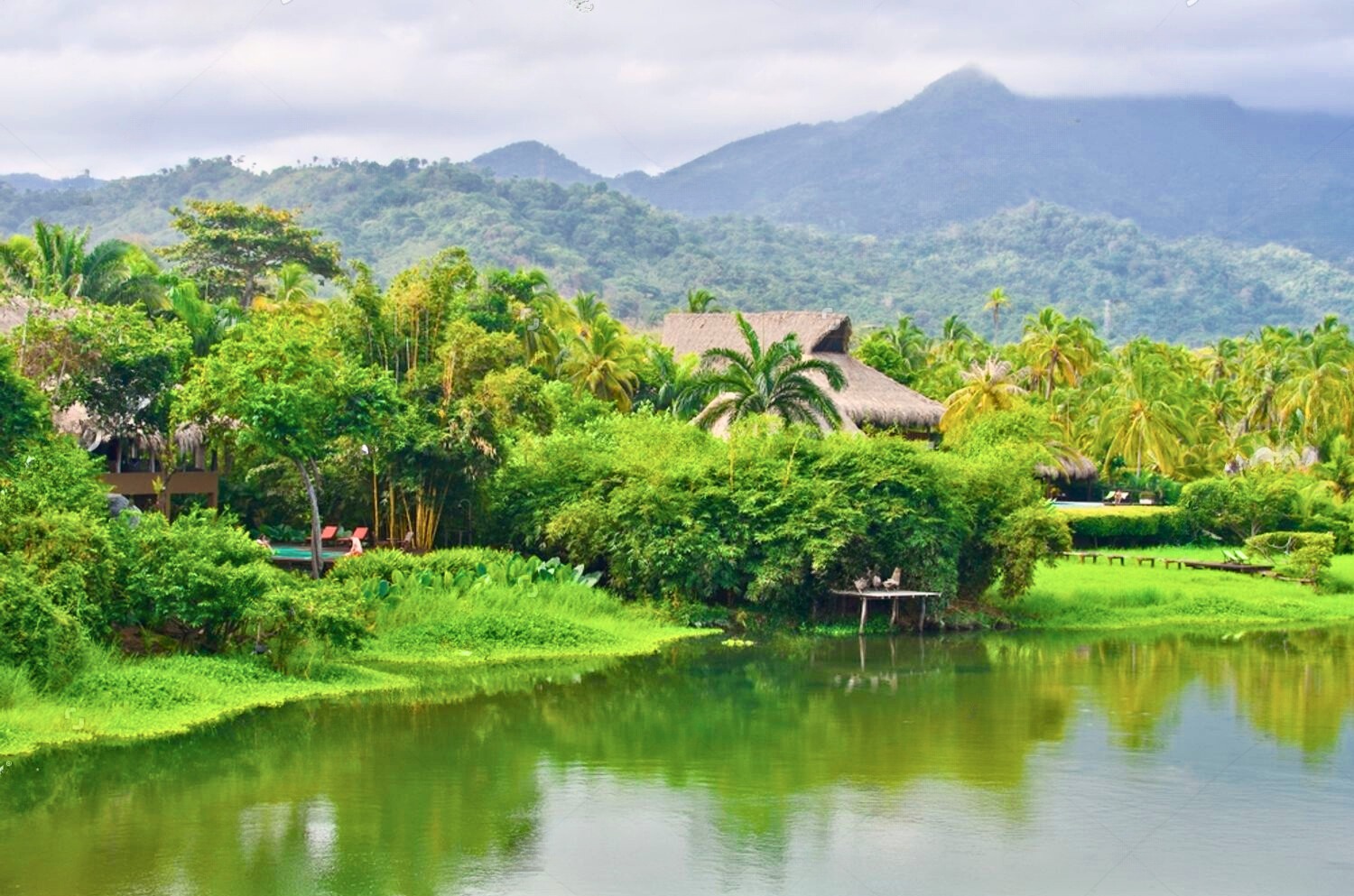Sustainable tourism in the Caribbean has become an essential aspect of the region’s development. With its rich cultural heritage, breathtaking natural landscapes, and unique traditions, the Caribbean attracts millions of visitors each year. The promotion of these cultural elements as tourist attractions is crucial for preserving local identity while meeting the needs of visitors. This article examines the challenges and opportunities associated with sustainable tourism in the Caribbean, emphasizing cultural heritage’s role in enhancing tourist experiences.
The Importance of Cultural Heritage in Tourism
Cultural heritage encompasses the traditions, customs, arts, and historical narratives that define a community. In the Caribbean, this heritage is diverse and multifaceted, reflecting the region’s complex history influenced by Indigenous peoples, European colonization, African cultures, and more. Tourists are drawn to the Caribbean not only for its stunning beaches but also for its vibrant cultures, making cultural heritage a significant driver of tourism.
By integrating cultural experiences into tourism offerings, destinations can attract visitors seeking authentic experiences. This approach not only enriches the tourist experience but also fosters a deeper appreciation for local cultures, leading to a more sustainable form of tourism.


Challenges of Sustainable Tourism
Pressure on Cultural Resources
The influx of tourists can lead to excessive exploitation of cultural resources, such as festivals, traditional events, and historical sites. This pressure can compromise the authenticity and longevity of local cultural practices. Destinations often face the dilemma of balancing tourism growth with the preservation of their unique cultural identities.
For instance, traditional festivals may be altered to cater to tourist expectations, potentially losing their original significance. This commercialization can lead to a superficial understanding of the culture, with visitors experiencing a version that is tailored for mass consumption rather than genuine engagement.
Erosion of Cultural Identity
Mass tourism can sometimes result in the commercialization of traditions, leading to a dilution of cultural identity. Local practices may be adapted to meet tourist expectations, creating a disconnect between genuine traditions and those presented to visitors. The risk of cultural appropriation also arises, where elements of local culture are taken out of context and used superficially by outsiders.
Moreover, younger generations may feel less inclined to engage with their heritage if they perceive it as something primarily for tourists. This generational shift can threaten the transmission of cultural knowledge and practices, jeopardizing the long-term sustainability of local traditions.
Infrastructure and Management
Many Caribbean destinations lack adequate infrastructure to manage the flow of tourists interested in culture. This can result in challenges related to site management, preservation of artifacts, and respect for traditional practices. Insufficient funding for the maintenance of cultural sites can lead to deterioration, further diminishing their appeal to tourists.
Effective management strategies are essential to ensure that cultural sites can accommodate visitors without compromising their integrity. This may involve training local guides, implementing visitor limits, and developing educational programs that emphasize the importance of conservation.
Vulnerability to Environmental Changes
Extreme weather events, such as hurricanes, can destroy cultural and historical sites, jeopardizing the heritage that attracts tourists. The resilience of these sites is essential to ensure continued tourist appeal. Climate change poses a significant threat to the Caribbean, with rising sea levels and increased storm frequency impacting both the environment and cultural heritage.
Investments in disaster preparedness and recovery are crucial for safeguarding these sites. By building resilient infrastructures and promoting sustainable tourism in the Caribbean , destinations can better withstand environmental challenges.
Opportunities of Sustainable Tourism
Highlighting Local Traditions
Sustainable tourism in the Caribbean provides a platform to promote the arts, music, dance, and festivals that are central to Caribbean identity. Events such as Carnival in Trinidad and Tobago, Junkanoo in The Bahamas, and Reggae festivals in Jamaica showcase the vibrant cultural tapestry of the region. By integrating authentic cultural experiences into tourist offerings, visitors can discover the richness of the Caribbean while supporting local communities and patricipate to the sustainable tourism in the Caribbean.
Local artisans can also benefit from Sustainable tourism in the Caribbean. By encouraging the purchase of handmade crafts and artworks, tourism can contribute to preserving traditional skills and providing economic opportunities for local artists.
Education and Awareness
Sustainable tourism in the Caribbean offers an opportunity to raise visitor awareness about cultural and environmental issues. Guided tours, workshops, and cultural events help tourists develop a deeper understanding of local realities and the importance of heritage preservation. Educational initiatives can empower visitors to engage more meaningfully with the culture, fostering respect and appreciation.
For example, cultural immersion programs that involve community members can provide tourists with insights into daily life, traditions, and the challenges local communities face. This engagement can enhance the overall visitor experience, making it more impactful and memorable.
Community Economic Development
Focusing on culture as a tourist attraction allows local communities to benefit directly from the tourism economy. This encourages the creation of artisanal businesses, cultural tours, and services related to the arts, thus stimulating local economic development. Sustainable tourism in the Caribbean can empower communities by providing job opportunities and fostering entrepreneurship.
Moreover, when tourists spend money on local products and services, the economic benefits circulate within the community, contributing to its overall well-being. This model promotes a more equitable distribution of tourism revenues, reducing reliance on external entities.
Sustainable Partnerships
Developing partnerships among governments, cultural organizations, and the private sector is crucial for promoting Sustainable tourism in the Caribbean. These collaborations can support initiatives that preserve cultural heritage while providing enriching experiences for visitors. By working together, stakeholders can create a comprehensive approach to Sustainable tourism in the Caribbean that addresses environmental, social, and economic dimensions.
For instance, partnerships can facilitate joint marketing efforts that highlight cultural events, promoting them to a broader audience. Collaborative projects can also enhance the infrastructure necessary for managing tourism sustainably, ensuring that cultural sites are well-maintained and accessible.
To conclude, sustainable tourism in the Caribbean presents both challenges and opportunities, particularly in terms of valuing culture as a tourist attraction. By adopting environmentally respectful practices and highlighting local traditions, the region can preserve its unique heritage while offering memorable experiences to visitors. A collective commitment from tourism stakeholders, local communities, and governments is essential to create a development model that benefits all, celebrating the diversity and authenticity of the Greater Caribbean.
The path forward involves recognizing the intrinsic value of culture and heritage in tourism, fostering a sense of pride among local communities, and ensuring that tourism serves as a force for positive change. By embracing sustainable tourism practices, the Caribbean can continue to thrive as a premier destination while honoring its rich cultural legacy.






































